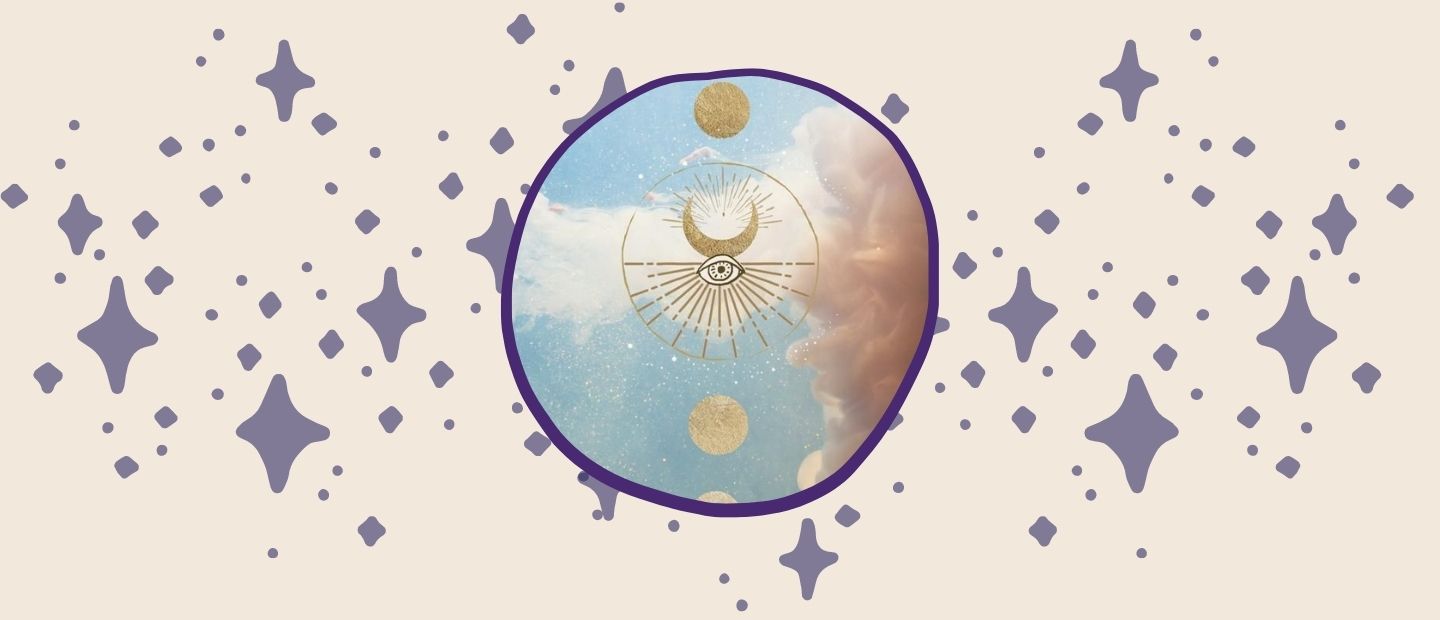Does the full moon really affect sleep? And if so, in what way?
An object of fascination for ages, the Moon generates multiple myths and beliefs. It has always fascinated the human mind and continues to fuel debates.
In popular culture, the full Moon is held responsible for a number of strange phenomena and behaviors. From spikes in crime to fits of madness, it is also often associated with saturated maternity wards, mood swings, and faster hair growth.
Could the full moon be one of the reasons why you have trouble sleeping? Because we can't always blame our insomnia on the hours we spend on our screens or our poor sleep hygiene.
So, are the full moon effects on sleep real?
Does the Full Moon Influence Your Sleep?
It is true that the Moon influences life on Earth and its natural mechanisms, such as the tide and the cultivation of plants (some gardeners do their work according to the cycles of the Moon to promote optimal growth).
Knowing that the human body is mainly composed of water (70%), it is quite legitimate to wonder if its influence would not impact our physiology either.
According to a Swiss scientific study, during the full moon, brain activity related to the deep sleep phase decreases by 30%, people take five minutes more to fall asleep and sleep twenty minutes less.
Indeed, the level of melatonin, the hormone that regulates sleep and wake cycles, is then lower.
Energies and emotions may be stronger, which can affect inner peace and therefore peace of mind.

Full Moon Effects: A Mysterious Influence
The reasons why the full moon affects our sleep are still mysterious.
Gravitational force is not the cause, as researchers agree with the idea that our biological clock is regulated according to lunar cycles.
And if on full moon nights our sleep is more disturbed because of our lower melatonin levels, some link this to human evolution: when humans were hunters, full moon nights were the best time to go hunting since there was more light and thus, animals were more visible.
But the most probable remains that many people are more sensitive to the full moon’s luminosity. Full moon effects would therefore be due to great sensitivity to light on our part and not just to the star itself.
How to Sleep Better During a Full Moon:
- Install black curtains in your bedroom to prevent the brightness from disturbing your sleep (a bit like blue lights after all).
- Use lavender essential oil for deep relaxation. Simply apply 2-3 drops on your pillow, or on the inside of your wrists, under your feet, or behind your ears.
- Take a relaxing bath or a hot shower: this allows you to reconnect with your body and replace cortisol (the stress hormone) with oxytocin (the happiness hormone), therefore soothing the mind.
- Diet: Reduce your alcohol consumption, eat lightly in the evening, hydrate yourself well and think about using valerian infusions, in particular. Encourage foods rich in melatonin such as ginger, banana, olives, hazelnuts, and walnuts. Avoid starchy foods and gluten, which make digestion more difficult.
- Channel your energy through gentle physical activities such as yoga.
- Finally, encourage quiet activities at the end of the day, such as meditation, possibly in the form of a candlelight ritual.
What about you? Do you believe in those full moon effects? Do you feel like the full moon affects your mood, energy level, and sleep?










